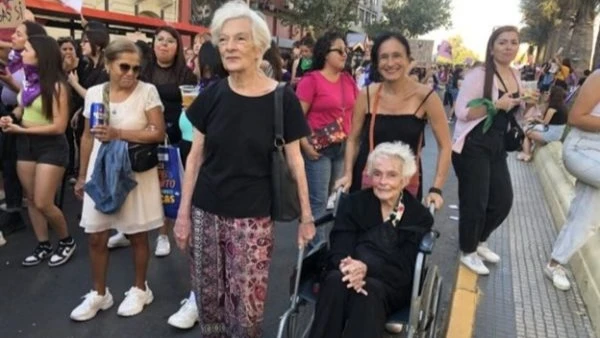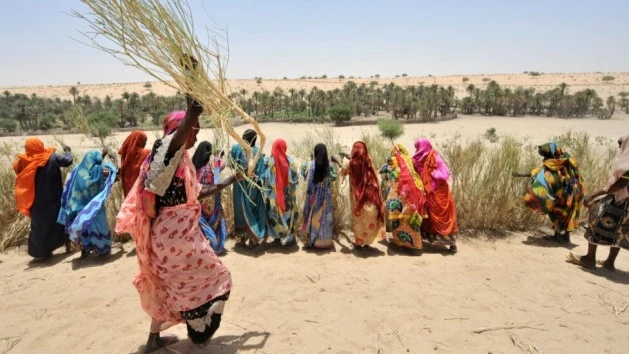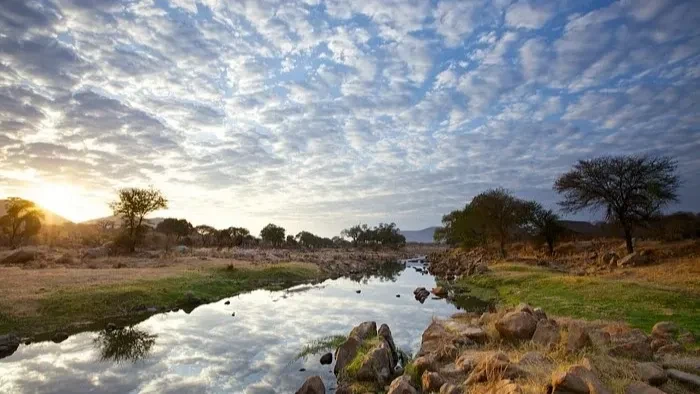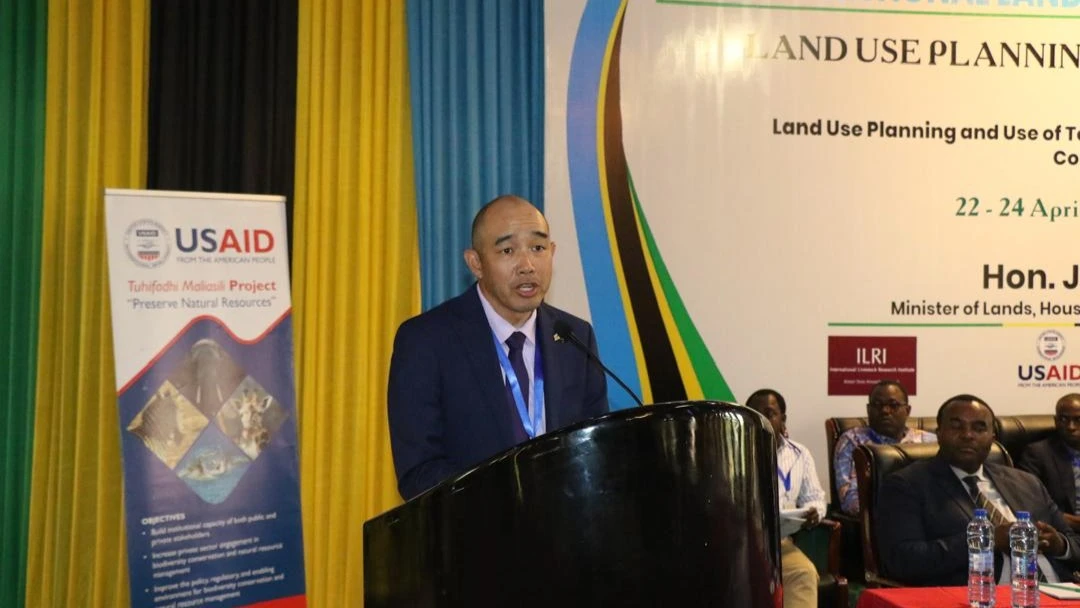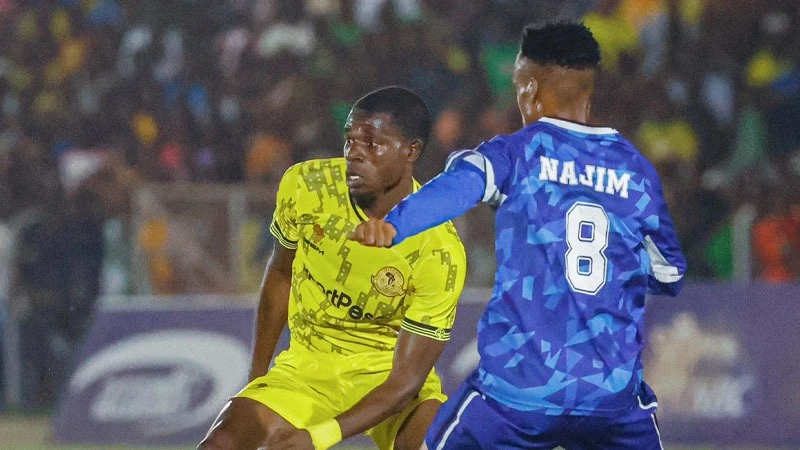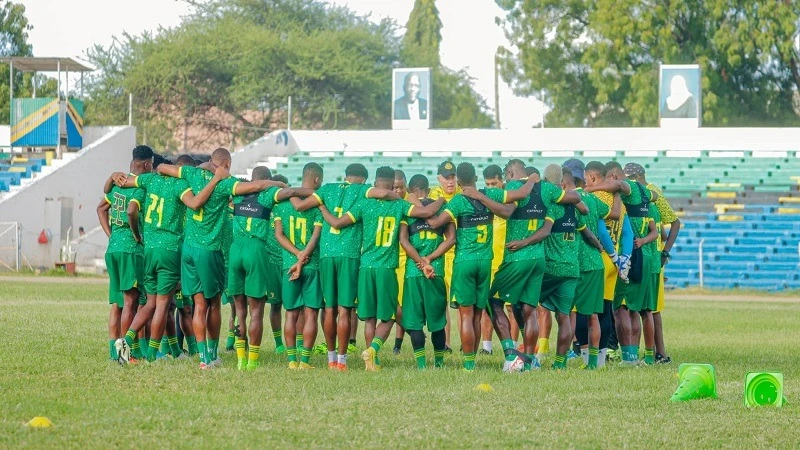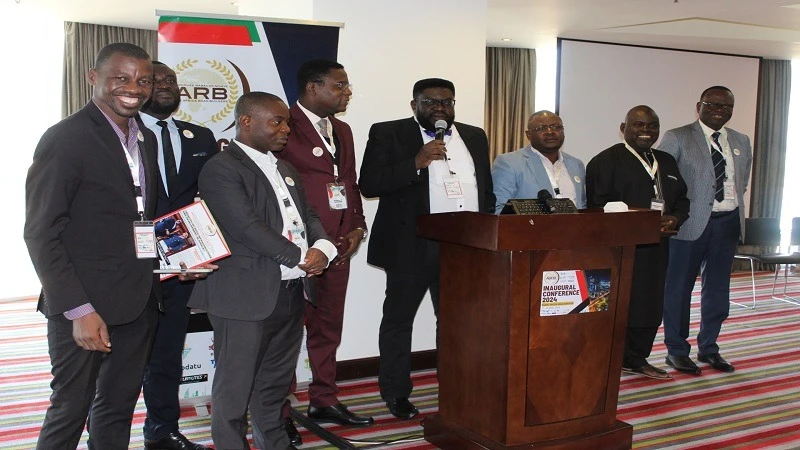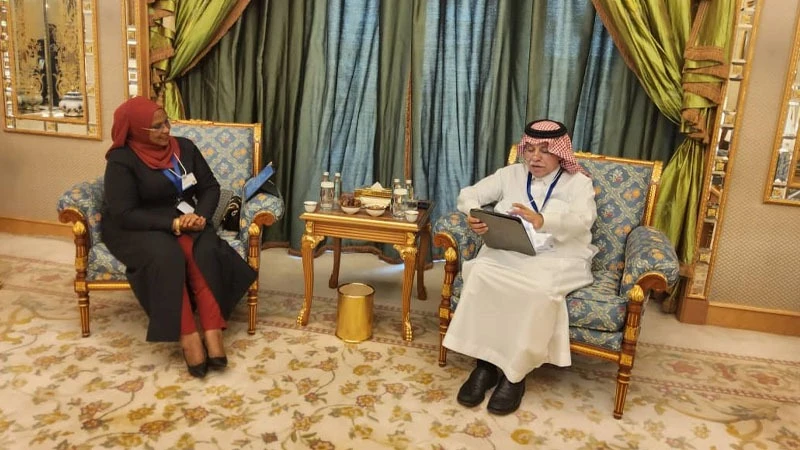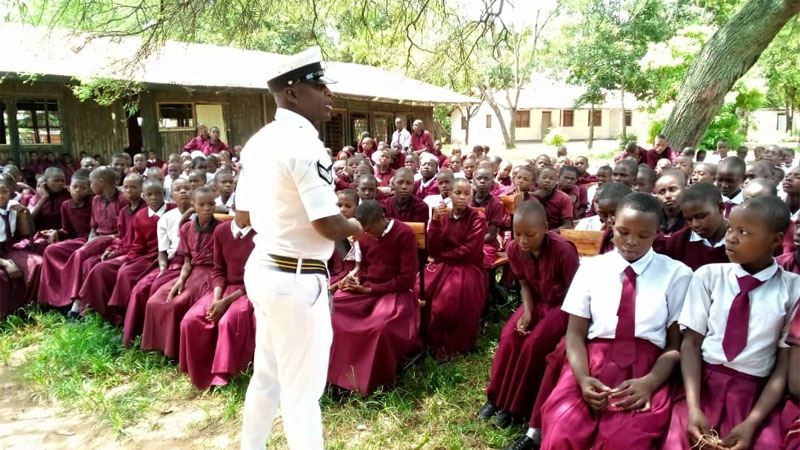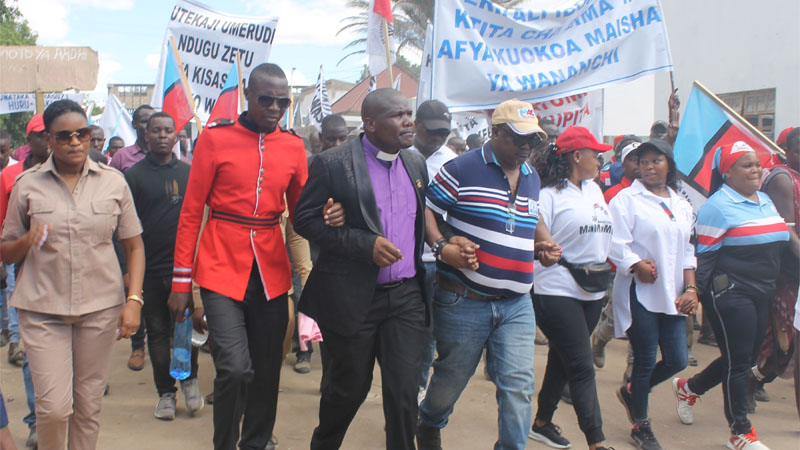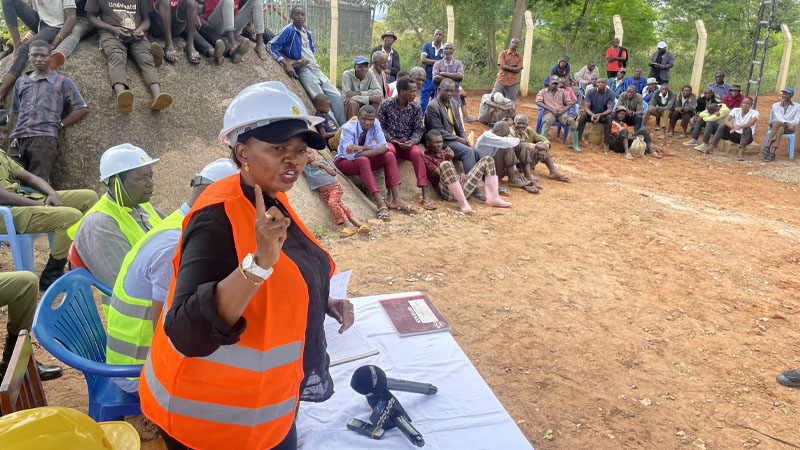Birth, death, escape: Three women's struggle through Sudan's war
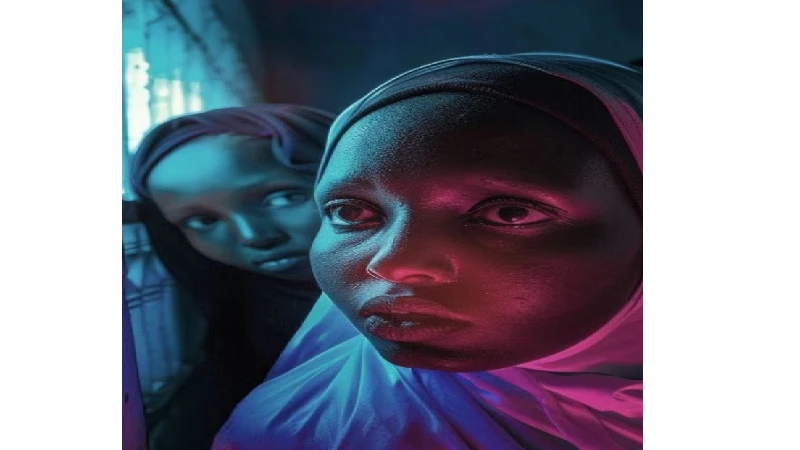
ON April 14, 2023, Yasmine* stepped off the plane and into the arms of her sister in Khartoum, Sudan’s capital.
The Sudanese human rights activist was five months pregnant and living in a nearby country, yet she was happy to be home. She was looking forward to spending some quality time with her parents.
But the next day, her life and her country changed forever.
“I woke up to sounds of very heavy artillery at about 5 or 6am, and it lasted until 7 or 8am,” Yasmine, 31, said over voice messages from Khartoum, where she still lives.
“I remember rushing to turn on Al Jazeera. They were talking about a heavy conflict.”
The roar of fighter jets and crackle of gunfire she, her brother, sister and 2-year-old niece heard in their top-floor apartment confirmed Yasmine’s worst nightmare. Sudan’s civil war had started and Yasmine was torn between comforting her siblings and telling the world about what was happening.
She recalls having to stop a phone interview with a journalist from the BBC when she heard an army jet overhead.
“I remember screaming so loud in the interview when I saw the plane and we had to hang up,” she said.
Looking back, Yasmine says she was terrified but not surprised when the violence erupted.
After months of brewing tensions, Sudan’s army and the rival Rapid Support Forces (RSF) paramilitary had squared off, with no regard for civilians caught in the middle.
It was the collapse of a tense alliance which dated back to mass pro-democracy protests that overthrew autocratic President Omar al-Bashir in April 2019.
Shortly after his departure, a military-civilian government assumed control of the country. It was to govern for three years and hand power to an elected government.
But the army and RSF upended Sudan’s frail democratic transition, jointly mounting a coup to topple the administration in October 2021.
Tensions soon heightened as they competed for foreign alliances, weapons and economic assets, trying to consolidate their power.
As the nation was roiled with protests against the coup and the coup masters quarrelled, the United Nations mediated a framework agreement to restore a transitional government.
The deal, signed in December 2022, effectively pitted the army against the RSF, specifying that the latter would have to be integrated into the former.
A major dispute over the timeline for the integration emerged as the army pushed for two years but the RSF insisted on 10.
Yasmine had been following the news closely in the days leading up to the war. She could see the RSF prepare for a confrontation by relocating many of its troops from the vast western region of Darfur - its historic stronghold - to Khartoum.
She could see the army digging in as it insisted its sole purpose in signing the framework agreement was to rein in the paramilitary, bringing the two forces closer to conflict.
In Yasmine’s family home, as the bombing began, they all thought they would die at any moment.
“I was trying to comfort my sister because we were hearing bombing in our neighbourhood… We realised that this [war] isn’t going to end soon,” she said.
“I knew this war was going to end the lives of so many people I know.”
Genesis: The rise of the RSF
When the war started in Khartoum, people across Darfur relived traumatic memories from the 2003 Darfur war. They knew they would not be spared.
In 2003, al-Bashir exploited ethnic tensions to undermine political grievances, starting an inferno that devoured Darfur for years and killed about 300,000 people from armed conflict and the disease and famine the war brought, according to rights groups.
Darfur is often referred to as being inhabited by “Arab” and “non-Arab” tribes - both are Black, Muslim tribes who embrace two different ways of life and have lived side by side and intermarried for centuries.
The “Arab” tribes are traditionally camel herders or pastoralists while the “non-Arab” tribes are more sedentary farmers.
Some “non-Arab” tribes had long felt that their needs and demands were disproportionately ignored by the central government in Khartoum.
The built-up grievances led to an armed rebellion, which started when two rebel groups captured an airport in an attack on government troops in el-Fasher, the capital of North Darfur.
Spooked by how quickly the rebels captured the airport, al-Bashir recruited and armed “Arab” tribes for a violent counteroffensive.
At the time, Hind*, a human rights activist from West Darfur’s Masalit “non-Arab” tribe, was in North Darfur attending university.
She said the “Arab” fighters – who are popularly known as "Janjaweed" or “devils on horseback” in Sudanese Arabic – had impunity to kill, rape and plunder “non-Arabs”, often supported by the army’s indiscriminate aerial bombardment.
Hind’s uncle, a tribal elder, was among the victims at the start of the war. As he was heading to Central Darfur for a meeting of tribal chiefs hoping to mediate an end to the killing, he was ambushed and killed.
Hind, in North Darfur far from her family, feared for her father.
“The first time I came home from university in 2004, I hugged my father and started crying.
“There was a heavy Janjaweed presence … they searched our house more than once. They even accused my father of supporting the armed movements,” Hind said.
Hind's father survived the worst days of the war and lived a long life until he passed away from old age in 2010.
In that same year, the International Criminal Court indicted al-Bashir for war crimes and genocide. But rather than rein in the Janjaweed, al-Bashir repackaged them as the RSF three years later.
Mohamad Hamdan “Hemedti” Dagalo, a relatively unknown "Arab" Darfur fighter, headed the new paramilitary, tasked with cracking down on rebellions across the country and protecting al-Bashir from a possible mutiny in the army.
In return, Hemedti was bestowed the title of “general” despite never attending military college. Over the years, he captured lucrative gold mines and leased out his fighters to regional wars, earning tens of millions of dollars.
Flush with wealth and power, the RSF quickly threatened the army for supremacy in Sudan.
Looking back, the army’s decision to outsource a counter-rebellion to "Arab" tribal militias was fateful - 20 years after terrorising civilians in Darfur as bedfellows, they were fighting as foes.
When the war started, Hind knew that neither side cared about civilians in Darfur, but she was more scared of the RSF.
Despite the RSF's efforts to rebrand, for foreign audiences, as a legitimate, benevolent fighting force, she knew they were still “Janjaweed”. After university, Hind had spent two decades documenting their human rights violations in Darfur, moving to the nearby town of Mourni.
“My heart was telling me that a catastrophe was going to happen,” she told said.
The RSF began summary killings, rape and plunder, just as it did in 2003, and Hind’s tribe, the Masalit, were targeted.
The paramilitary seemed to want to exploit the war to drive the Masalit off their land and consolidate control over agricultural and water resources.
On June 15, the group killed West Darfur Governor Khamis Abbakr - a Masalit - moments after he accused the RSF of genocide against his tribe on a live broadcast.
Hours after the killing, footage emerged of an RSF truck driving over Abbakr’s corpse while women threw rocks at his mutilated body.
The assassination sent tens of thousands of Masalit fleeing the capital al-Geneina. Many were shot as they tried to get away.
A communications blackout meant Hind did not know that her brother was among those killed by the RSF until she met his fleeing neighbour in Mourni about a week later.
Escape: Running to the unknown
Hind had no time to grieve for her brother.
Three days after learning about his death, the RSF attacked Mourni on June 26.
Masalit villagers picked up weapons and fought alongside the Sudanese Alliance, an armed group formed to protect the Masalit and headed by Abbakr before he was killed.
But Hind knew they were no match for the RSF, a rich, powerful paramilitary with decades of experience.
As artillery shells and bullets rained down, Hind hid under her bed with her sister and niece as they listened to the shells landing on their roof.
By noon, they made a run for it, taking their mother and their brother’s children and heading for the mountains. At sundown they moved on, fearing the RSF would look for civilians there.
They walked for miles until they reached a displacement camp east of Mourni; Hind’s feet and legs were swollen from the long walk but she did not have time to nurse her pain. She had to plan an escape.
“I stayed with a relative [in the displacement camp] for 21 days. I didn’t tell anybody where I was because I heard people in the camp were helping the RSF find activists and fighters.
“They had pictures of the people they were looking for – I was one of them,” she said.
Hind eventually found a smuggler “close to the Janjaweed'' who agreed to drive her to al-Geneina, where the violence had somewhat died down.
In exchange, she handed over her precious gold ring, a gift from an old love and the one valuable she had left.
As they pulled out of the camp, Hind crouched in the back to avoid being seen by RSF fighters. Once they reached al-Geneina, she saw a message spray-painted across the walls of a looted and deserted street market.
Hind stayed with a friend in al-Geneina and borrowed their car the next day to go to Mourni and rescue her family, taking them to Nyala, the capital of South Darfur.
Birth: Finding meaning in suffering
By September 2023, most middle-class civilians had fled Khartoum but Yasmine stayed behind with her newborn.
Khartoum had turned into a bloody, lawless, violent shell of itself. The RSF was in control and its fighters seizing homes and controlling food markets – inflating the price of goods to profiteer from the poor and desperate.
Its fighters also looted the cars, trucks and motorbikes in the city, leaving no form of transport except donkey carts.
Yasmine joined one of the emergency response rooms (ERR), civil initiatives set up by activists at the start of the war to help civilians by moving them to safety or providing help.
The ERRs also collected donations to finance hundreds of soup kitchens across Khartoum State, a vital source of food for civilians going hungry because aid was not reaching them.
“It was so difficult to start the soup kitchens… but it was all worth the risk. It helps people process the war and I feel honoured and blessed to be part of this experience,” Yasmine said.
Failure: The fall of Gezira
Just south of Khartoum, a young journalist named Noon* was working in Gezira State’s capital Wad Madani, an hour’s drive away from her family who lived in Hasaheesa to the north.
Noon, a writer, knew her work was dangerous, but she never told her family about the risks she was taking to cover all aspects of the war. Like other journalists, she was under surveillance and worried about being arrested but Noon continued to report, knowing what she did mattered.
“Military intelligence always accused me [of being some sort of spy] at every checkpoint,” she said. “They would constantly question my identity and the validity of my travel documents.”
Being a woman, she faced an extra, sexual, layer of harassment at checkpoints, she said, often being called a “Habashiyya” - a term describing a woman from Eritrea or Ethiopia - and accused of providing the RSF with sexual favours.
Mustering: Popular mobilisation
In March, Noon left Hasaheesa to look for work as a journalist to support her family.
She eventually reached Kassala State in east Sudan, where panic and militarisation were widespread.
After the fall of Wad Madani, men, women and children across eastern, central and northern Sudan picked up weapons in fear that the army would not be able to protect them from the RSF. They became known as the "mustanfireen".
“There is total chaos right now,” Noon said. “Every night, I can hear them shooting [in the air] and banging cars. The [mustanfireen] often resist any sort of [command structure] and will soon pose a threat to peace and security in Sudan.”
Figures from Sudan’s Islamic movement exploited the panic amid reports of RSF abuses to remobilise fighters and recruit civilians, telling communities in River Nile State that the RSF would occupy their villages, kill their children and rape their women.
The speeches would incite hatred and suspicion against poor workers, often from Darfur and Kordofan, regions where the RSF recruits from its “Arab” tribal base. The governor of River Nile said in a speech that beggars, informal workers and veiled women were RSF collaborators.
Liberation: Freedom or reprisal?
With the help of the mustanfireen, the Sudanese army has begun to turn the tide in the war. In February and March, it won two significant battles in Omdurman, the largest city in Sudan and part of the national capital region known collectively as Khartoum.
After both victories, photos emerged of Sudanese civilians greeting the army as liberators, relieved to no longer live under the lawless RSF. But not everybody felt safe once the army arrived.
The mustanfireen looted furniture from empty houses as well as aid from a convoy that received army clearance to pass through Omdurman to reach Darfur, according to a worker at a UN agency who spoke on condition of anonymity to not jeopardise aid access.
In both cases, army troops did not attempt to stop the mustanfireen, presumably out of fear of triggering a backlash, said Suliman Baldo, an expert on Sudan.
“The army is going to have a problem in the future if it is unable to discipline its fighters,” he said. “We haven’t seen any disciplinary measures taken by the army against their fighters when they commit more serious crimes, such as executing RSF prisoners or people suspected of being informers for the RSF.”
Just across a bridge from Omdurman, activists and civilians have tried to adjust to life under RSF rule in Khartoum. Many know RSF fighters in their neighbourhoods and are friendly with them to try to pacify them.
Aid volunteers are still detained, robbed and attacked sometimes, yet most can help their communities without fear of being shut down.
Many may welcome the army as liberators if they wage a violent campaign to retake the entire national capital. However, “People are afraid that the army would slaughter them if they came here”, Yasmine said.
“The people that stayed here after the war - especially those working in mutual aid - have given me such relief,” she said, adding: “I just feel very privileged to be alive.
Top Headlines
© 2024 IPPMEDIA.COM. ALL RIGHTS RESERVED





